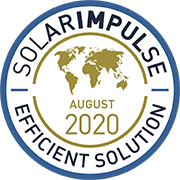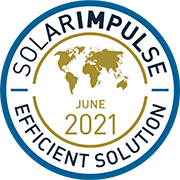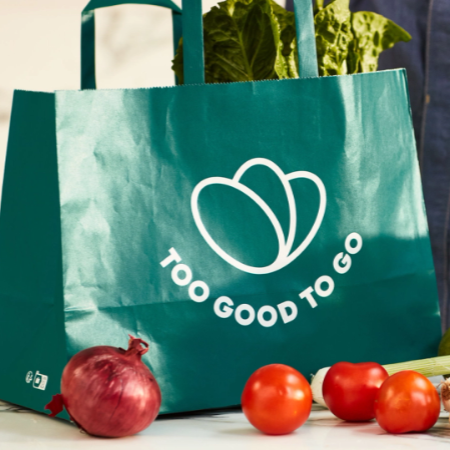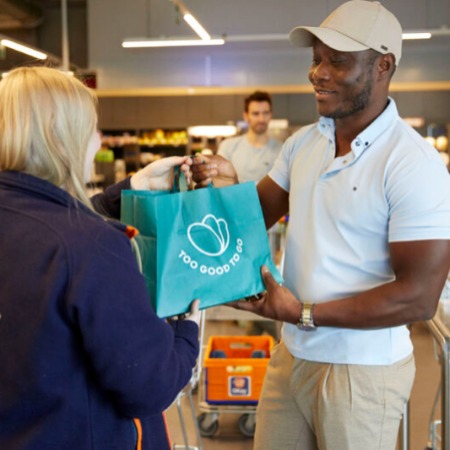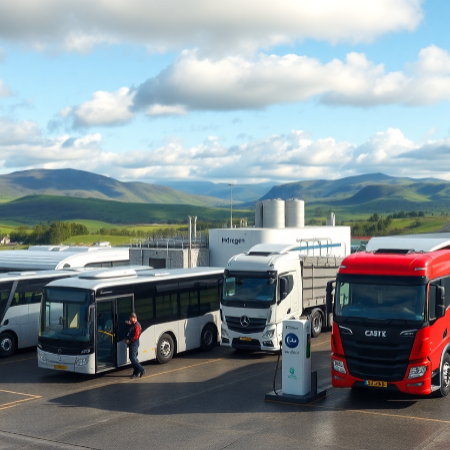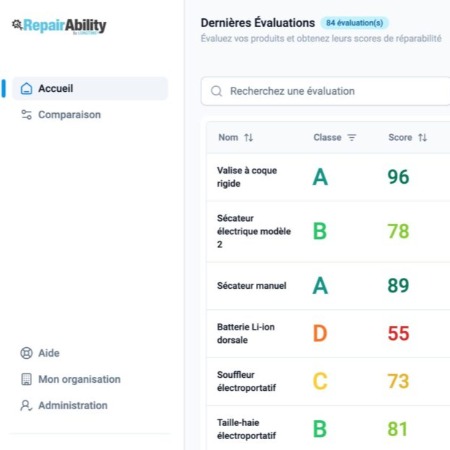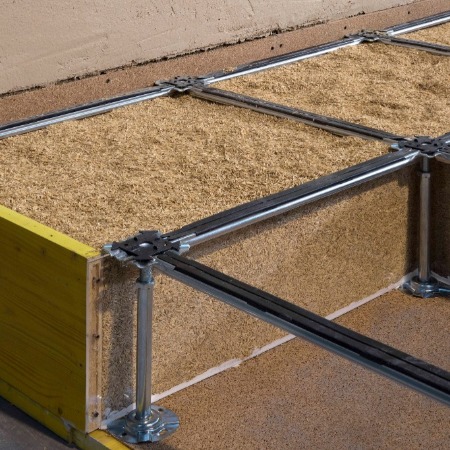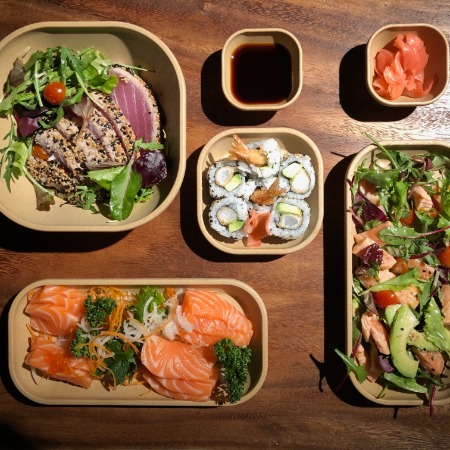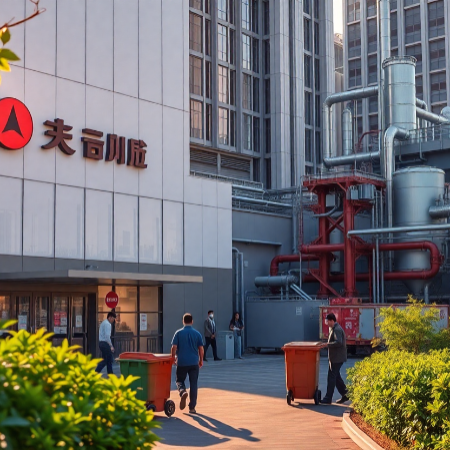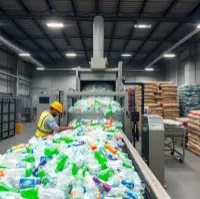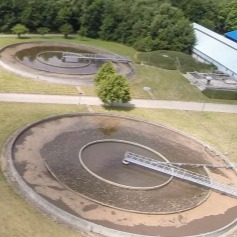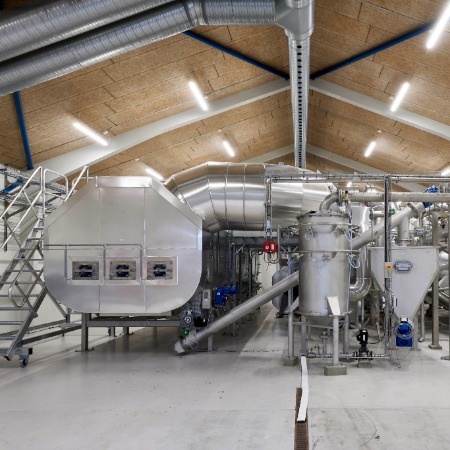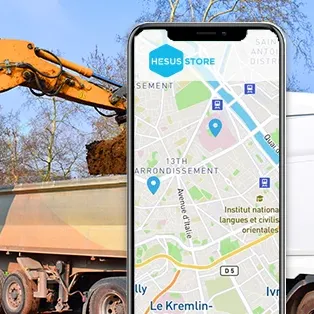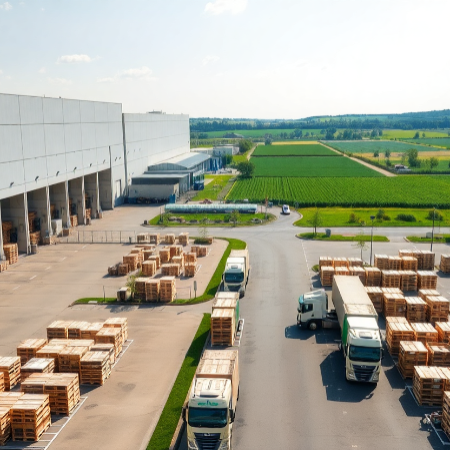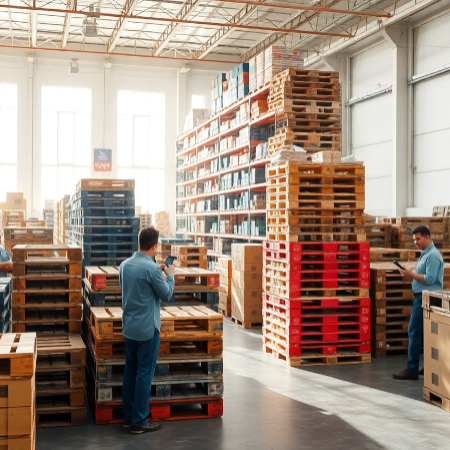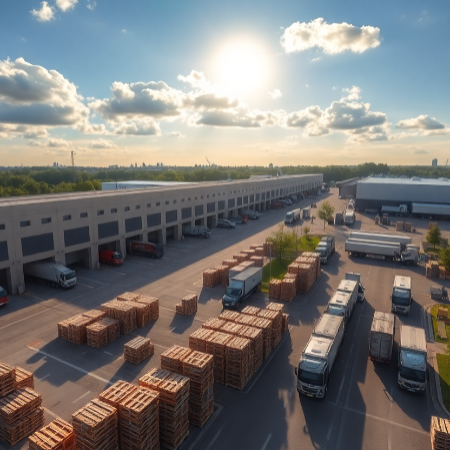01. Benefits
Waste management benefits
- Economic: waste management involves collecting, sorting, treating, recycling, and when properly facilitated providing a source of energy and resources. Therefore, it has a huge economic potential that needs to be leveraged by public and private entities.
- Social: besides creating jobs, improved waste management leads to a better quality of life for local populations, by improving hygiene conditions and reducing health risks related to illegal dumping and inadequate garbage collection.
- Environmental: the main advantage of sustainable waste management is to lessen the impact on the environment, by improving air and water quality and contributing to the reduction of greenhouse gas emissions. Besides, reducing food waste also helps reduce the heavy environmental cost of producing more.








